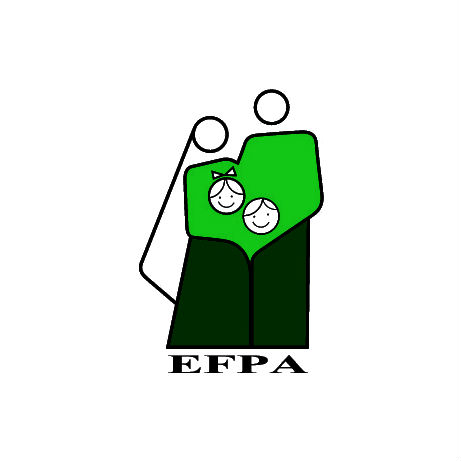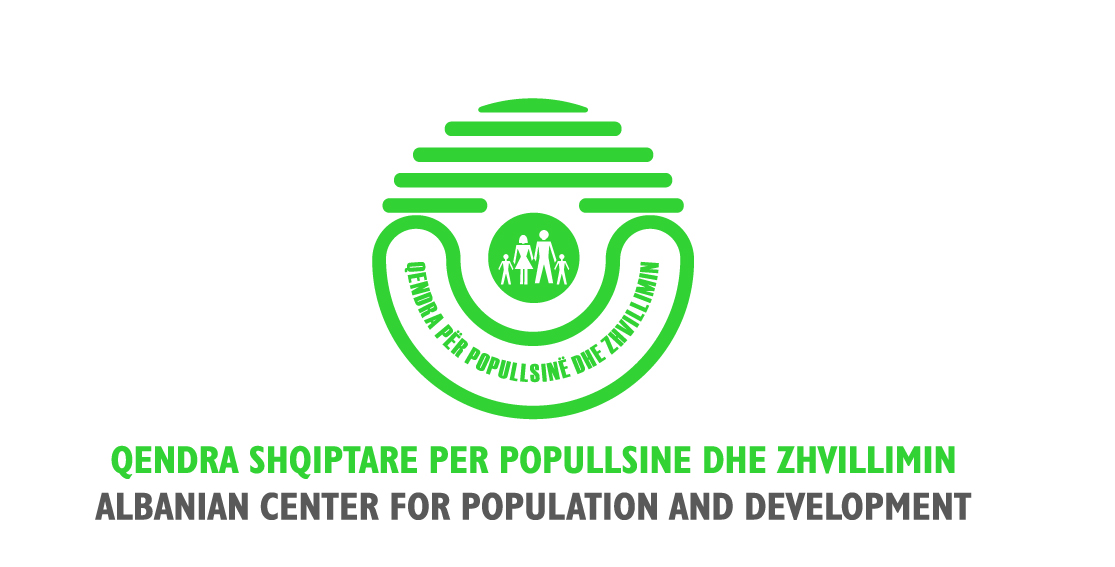

| 31 March 2016
Egyptian Family Planning Association
Though there is still a long way to go with regard to the risk of maternal and child mortality, Egypt’s sexual and reproductive health (SRH) statistics are improving year on year and the Egyptian Family Planning Association (EFPA) has been at the heart of driving improvements. It has done so through service delivery (complementing government services) and a concerted programme of advocacy to high-level policy makers. EFPA is the Egyptian government’s primary partner in SRH, and it co-ordinates the delivery of family planning services by other voluntary organizations. Additionally, EFPA is a lead partner in the National Population Commission’s ongoing initiative to increase contraceptive prevalence across the country. A critical part of the organization’s work is the provision of information, education and communication (IEC) programmes for the general public, many of which (particularly amongst young people) are run on a peer-to-peer basis. Emergency intervention to prevent reported early marriage cases is a key priority. EFPA has a particular interest in the socio-economic aspects of family planning and promotes activity designed to enhance women’s capacity for income generation. In 1972, EFPA set up the Alexandria Training Centre for family planning professionals, which it continues to run. Thanks to the EFPA, demand for SHR services by young people has increased, as has male condom use. EPFA successfully advocated for the issuance of 2 landmark legal codes criminalizing female genital mutilation (FGM), and raising the legal age of marriage. EFPA is a strong, well-established, transparent and competent association. It is known for its capacity to implement quality projects. EFPA enjoys the trust and confidence of many partners and donor agencies. These include, but are not limited to, UNFPA, UNIFEM, FHI, CEOSS, Y-PEER, the Regional Training Centre, the National Population Council, and the National Council for Child and Mother. Contacts Facebook: https://www.facebook.com/EFPA.eg Twitter: https://twitter.com/efpa_

| 31 March 2016
Albanian Center for Population and Development
The Albanian Center for Population and Development runs family planning clinics in Tirana and Lezha, and has branches in 6 districts of the country. The organization trains health personnel in reproductive health, post-delivery contraception and safe abortion techniques. FPAA also trains pharmacists and sex educators, and runs information, education and communication (IEC) programmes and activities in conjunction what the Albanian Foundation for Civil Society. The IEC work focuses on sensitising the general public to family planning issues and techniques. There’s also a strong strand devoted to educating young people. FPAA has significant influence with government officials and policy makers working in the sexual and reproductive health (SRH) sector, and has played a major role in drafting the country’s reproductive health legislation. The association also allies itself closely with women’s non-governmental organizations (NGOs) advocating for the delivery of improved services.







